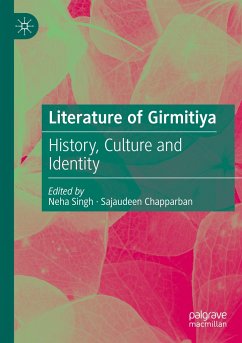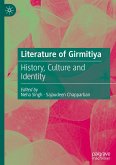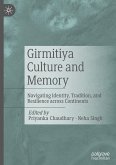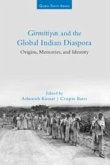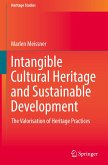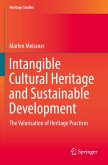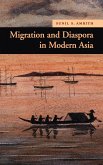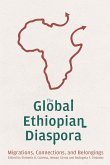This book covers various forms of the production of girmitiya culture and literature. One of the main objectives is to conceptualize the idea of girmitya, girmitology, and girmitiya literature, culture, history, and identity in both colonial and postcolonial contexts. This book aims to document the history, experiences, culture, assimilation, and identity of girmitiya community. It also critically analyses the articulation, projection, and production of their experiences of migration and being immigrant, their narratives, tradition, culture, religion, and memory. It also explores how this labour community formulated into a diaspora community and reconnected/created the home (land) and continues to do so in the wake of globalization and Information and Communication Technology (ICT). This book is an attempt to bring the intriguing neglected diverse historical heritage of colonial labour migration and their narratives into the mainstream scholarly debates and discussions in thehumanities and the social sciences through the trans- and interdisciplinary perspectives. This book assesses the routes of migration of old diaspora, and it explains the nuances of cultural change among the generations. Although, they have migrated centuries back, absorbed and assimilated, and got citizenships of respective countries of destinations but still their longing for roots, culture, identities, "home", and the constant struggle is to retain connections with their homeland depicted in their cultural practices, arts, music, songs, folklore and literary manifestations.
Bitte wählen Sie Ihr Anliegen aus.
Rechnungen
Retourenschein anfordern
Bestellstatus
Storno

